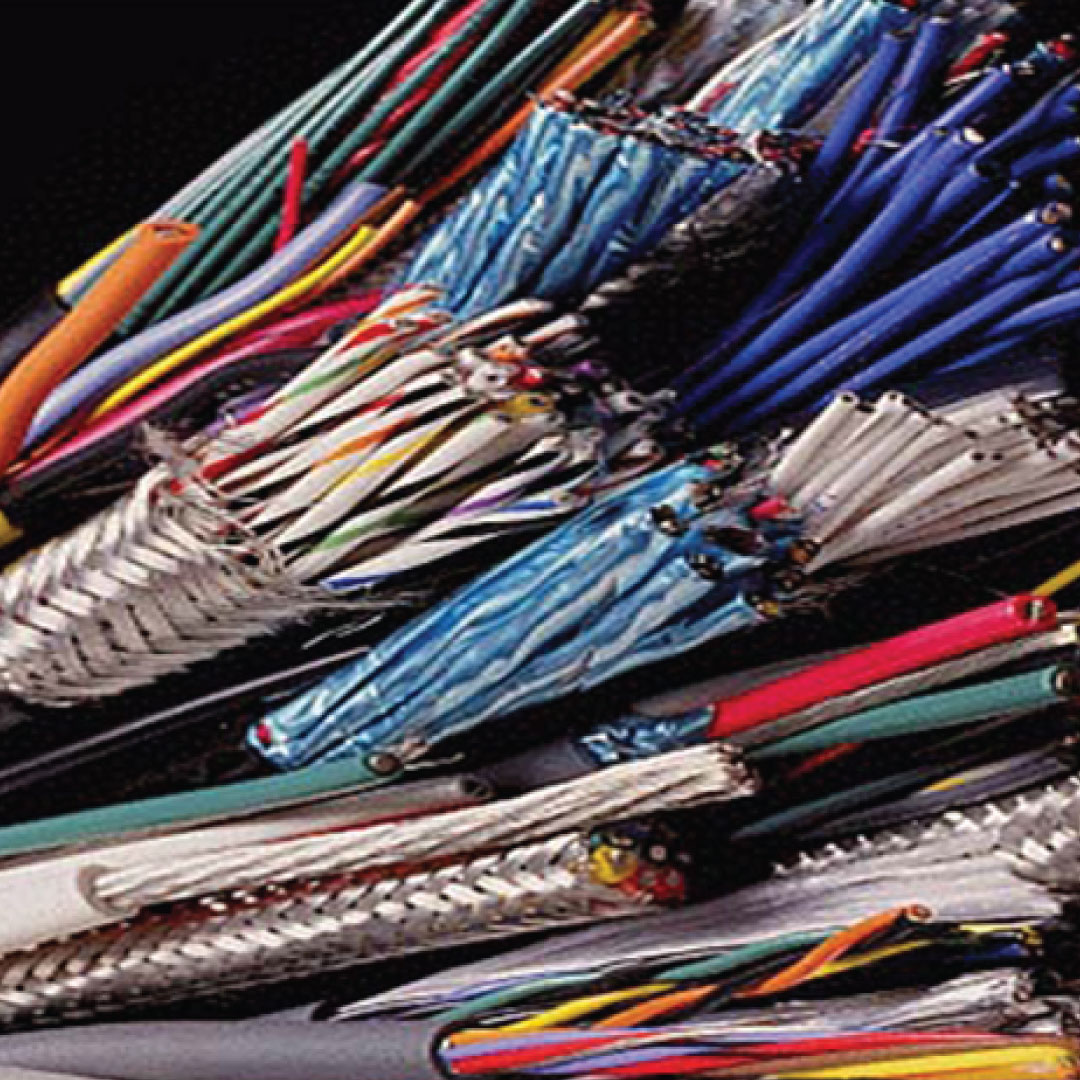UK authorities have withdrawn support for the £25 billion Morocco-UK Power Project proposed by energy firm Xlinks, ending prospects for a subsea cable that would have delivered up to 10 percent of the UK’s electricity needs from North Africa.
The decision, confirmed Thursday by the Department for Energy Security and Net Zero, means the government will not enter formal negotiations for the ambitious renewable energy scheme. Despite its promise of cost-effective, dispatchable power, officials cited operational and national security risks, and a strategic preference for domestic energy sources.
Why the UK rejected Xlinks’ Morocco-UK energy plan
Energy Secretary Ed Miliband said the proposal—based on a 25-year contract for difference to guarantee fixed pricing—did not align with the UK’s push for “homegrown” energy. While Xlinks had touted its offering as significantly cheaper than nuclear, the government argued domestic projects provide more predictable timelines, lower risk, and better returns in terms of UK-based jobs and supply chain investment.
Miliband reiterated the government’s preference for local, clean energy sources to protect consumers from fossil fuel volatility. While Xlinks had promised power at half the cost of nuclear, the government maintained that domestic alternatives could offer more predictable delivery and better economic returns through UK-based jobs and supply chains.
How the Xlinks Morocco-UK Power Project was supposed to work
Xlinks planned to build a vast 1,500-square-mile solar, wind, and battery facility in Tan-Tan, Morocco. Energy would then be transmitted to the Devon coast through high-voltage subsea cables. The system promised up to 3.6GW of dispatchable power to serve 7 million UK homes and cut emissions by 10 percent.
It also aimed to stabilise electricity prices, projecting a 9.3 percent drop in wholesale rates. Notably, the Moroccan government had backed the initiative as part of its national green energy strategy. Xlinks had secured around £100 million in development funding from major investors, including TotalEnergies and Octopus Energy.
Supporters of the project, including former Tesco CEO Sir Dave Lewis, highlighted Morocco’s optimal solar conditions and political stability. They argued that modern subsea cable tech would allow for efficient long-distance energy transmission with minimal losses.
What’s next for Xlinks and UK-Morocco energy relations
Following the decision, Xlinks is expected to shift focus to alternative markets. The company had previously signalled interest in relocating the project if UK support fell through. Despite this, the UK government praised Morocco’s cooperation and reaffirmed its commitment to joint clean energy ventures under an enhanced strategic partnership.
The Morocco-UK Power Project was designated a project of national significance in 2023, and recent progress included seabed surveys and planning consultations in Devon. However, without the UK’s price guarantee, commercial viability remains uncertain.
While the government has closed the door on this specific deal, it continues to express interest in exploring cleaner, cost-effective power solutions, albeit closer to home. As demand grows and climate goals loom, the need for ambitious infrastructure remains, whether from Morocco or within UK shores.











